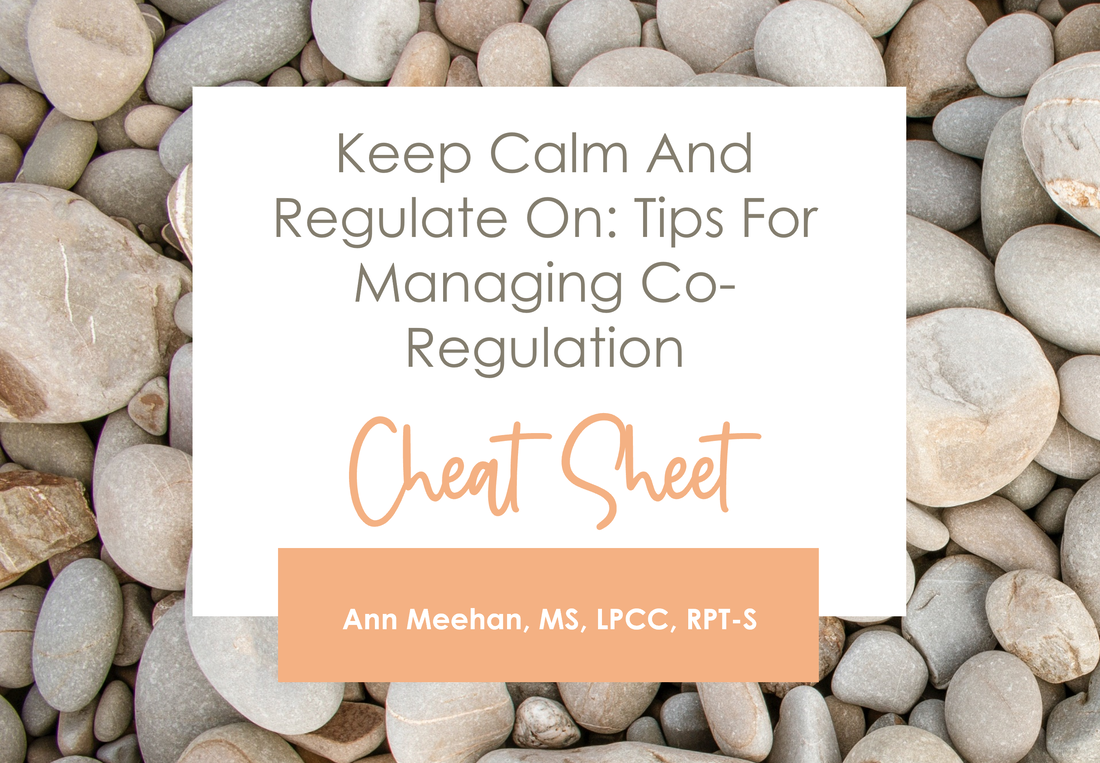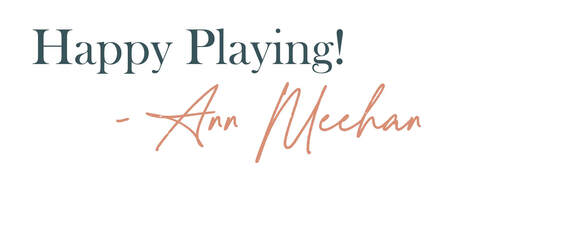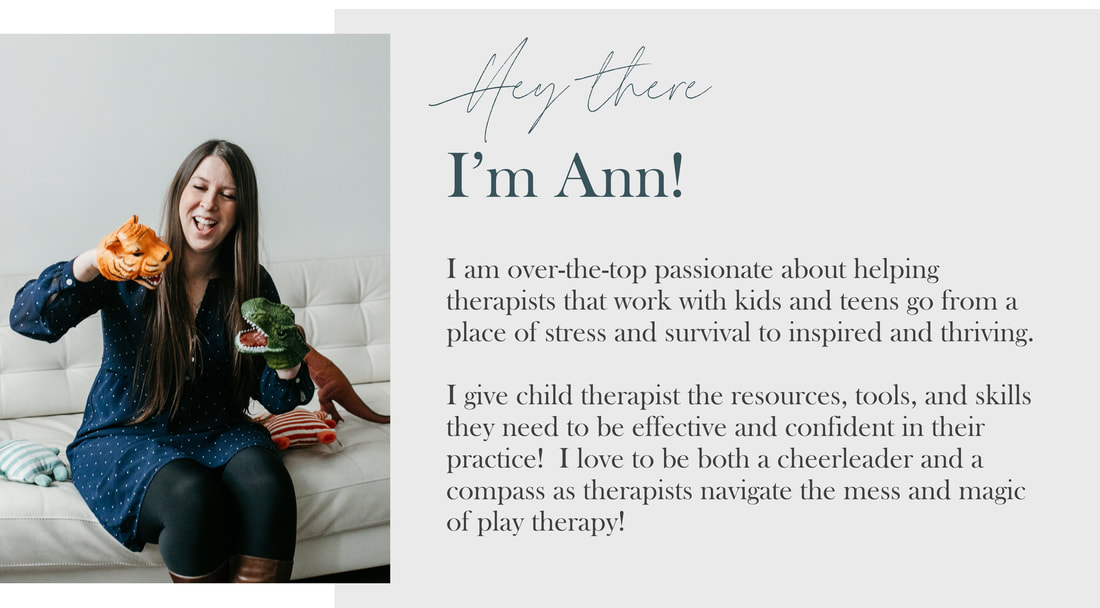|
Staying calm and regulating when a child is melting down, tantruming, or losing control is one of the most difficult tasks of parenthood. One of the reasons is something called mirror neurons - where when you observe the behaviors or emotions of another the neurons in your brain fire as if you were having that same experience. This is why if you are walking down the street and see someone smile, well… you start to smile too!
The sad news is that when the person in the room with you is a very angry, distressed, or enraged child - your neurons in your brain start to fire the exact same way too, leading to you as the grown up to become dysregulated too!
Our nervous systems also “talk” to one another and can pick up energy, cues, and clues from other human beings. This is why you can walk into a room where an argument just occurred and something “feels off”. We are wired to get clues of safety or danger from other human beings and just being in the presence of a dysregulated nervous system can make your nervous system dysregulate too. And sometimes? The behavior of children can be pretty dangerous or aggressive, so a parent's nervous system is doing exactly what it thinks it needs to do to keep itself safe. By powering up your body with a fast heart, fast breathing, and chemical responses, it is getting their body ready for action to fight or run away. But, here is the hardest part, the number one thing children need from grown ups is to be a container for regulation, or as Dr. Alan Shore refers to it as external co-regulation. It’s the task of using your regulatory capacities as a grown up (with a fully developed prefrontal cortex) to help co-regulate with the child from a dysregulated to regulated state. So, in order to help young people calm down and regulate - you have to first start with yourself. I wanted to give you my FREE guide for the 9 ways I discuss helping parents regulate themselves and co-regulate with their child. In thisfree downloadable guide you will get the exact ways and phrases that I use to support parents in regulating themselves when their child is dysregulated as well as the specific skills they can use to co-regulate. This is an excellent resource to give parents a quick step-by-step guide for co-regulation and helps increase parent buy-in by covering some of the brain science behind regulation. This is also a great resources for busy parents who don't have time to read an entire book or go through a class, but are in need of regulation skills now! Loading...
5 Comments
Leana Musulin
6/20/2022 06:50:17 pm
fantastic help thank you
Reply
Ann Meehan
6/22/2022 01:00:25 pm
Thank you so much Leana! I'm so glad you found it helpful and I hope the parents you work with will too!
Reply
Suzanne Markowski
8/8/2022 10:45:57 am
Wow, this couldn’t have come at a better time. I have a parent whom is pretty controlling and over protective of his pre-teen daughter. What he says, goes, and that’s it. The situation is so bad, she wants to move out (with her grandmother).
Reply
Ann Meehan
8/10/2022 06:58:38 am
Oh my goodness Suzanne those can definitely be complex parenting dynamics to sit through. AND sometimes parents can respond better to a worksheet or handout because it is concrete and on paper! Good luck in this case!
Reply
tracey
2/27/2023 11:36:37 am
I find your resources so helpful, a real asset to my practice and to the parents this will help to reinforce the importance of co-regulation.
Reply
Leave a Reply. |
Hi, there!I'm Ann Meehan, an LPCC, Loading... Archives
July 2024
Categories
All
|
Privacy Policies | Terms of Use | Disclaimer
Contact
[email protected] | Copyright Meehan Mental Health Services 2022
Contact
[email protected] | Copyright Meehan Mental Health Services 2022








